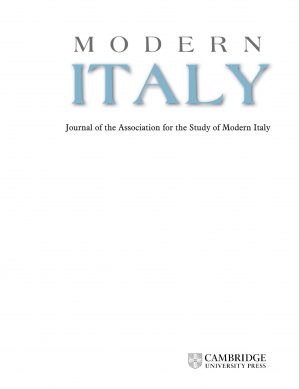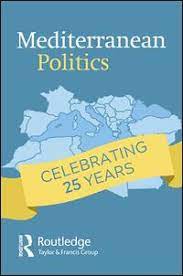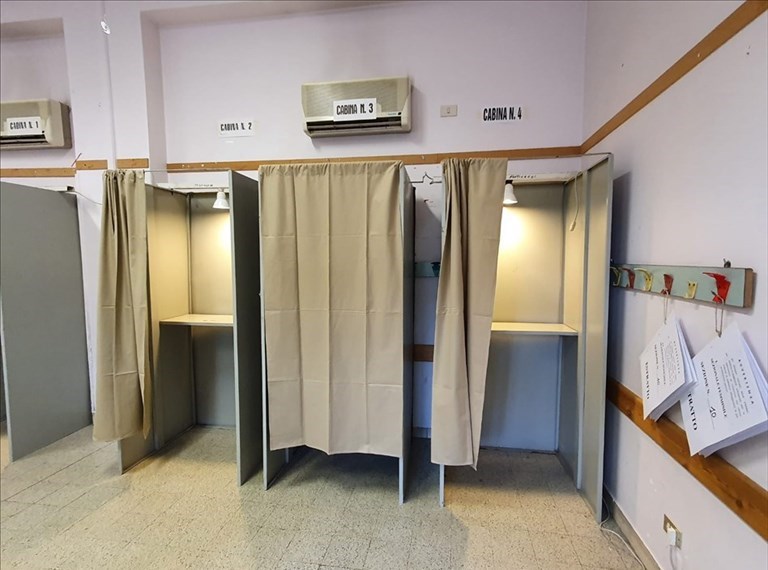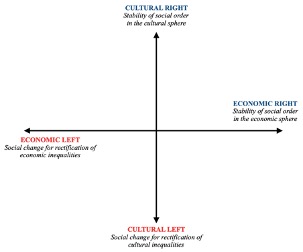Ricerca
-

The Italian space of electoral competition in pandemic times
To cite the article: Maggini, N. and Vezzoni, C. (2023). The…
-

Paralysed Governments: How Political Constraints Elicit Cabinet Termination
To cite the article: Improta, M. (2023), ‘Paralysed governments: How political…
-

What’s new under the sun? A corpus linguistic analysis of the 2022 Italian election campaign themes in party manifestos
To cite the article: Trastulli, F., & Mastroianni, L. (2023). What’s…
-

Gli effetti della televisione. Ma ancora dopo trent’anni?…
Lorenzo De Sio e Davide Angelucci hanno recentemente pubblicato una ricerca…
-

A Crowded Room? The Destabilising Effect of Oversized Coalitions on Cabinet Survival in Southern Europe
To cite the article: Marco Improta (2023): A Crowded Room? The…
-

Radical-Right Surge in a Deinstitutionalised Party System: The 2022 Italian General Election
To cite the article: Alessandro Chiaramonte, Vincenzo Emanuele, Nicola Maggini &…
-

Back to the (conservative) origins: the 2022 municipal election in Palermo
To cite the article: Emanuele, V. & Improta, M. (2022). Back…
-

Voters, issues, and party loyalty: the 2022 Italian election under the magnifying glass
To cite the article: Improta, M., Mannoni, E., Marcellino, C., &…
-

Two is Better than One? Testing a Deductive MARPOR-based Left-Right Index on Western Europe (1999-2019)
To cite the article: Trastulli, F. (2022). Two is Better than…
